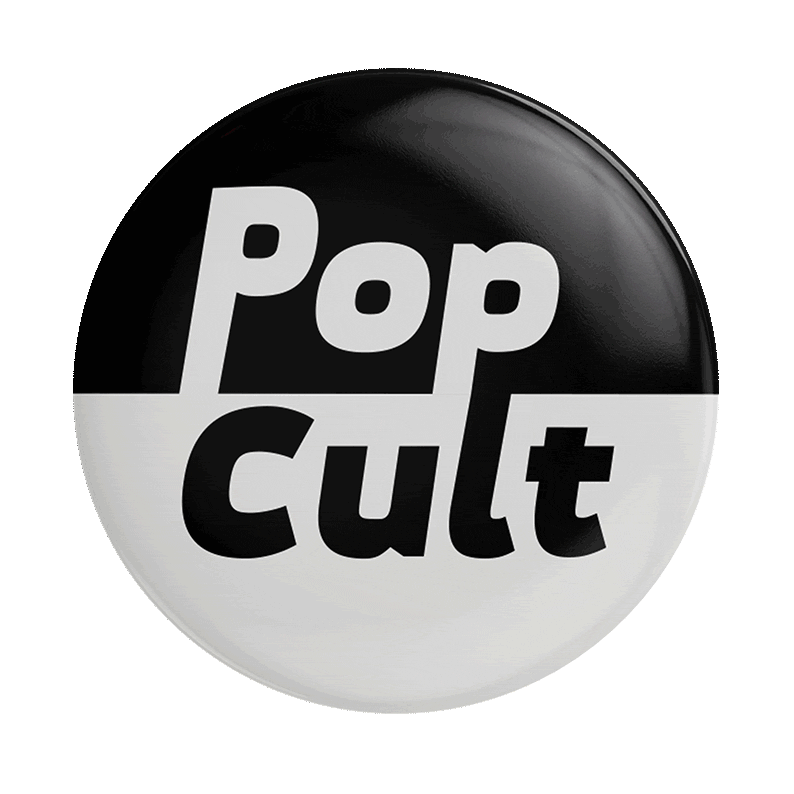Music Podcasting is Hard. Why it’s worth the effort Part 3: "Audience Building for music podcasts is hard."
"Audience Building for music podcasts is hard."
We hear that from our distribution partners every time we talk to them. And they aren't lying.
Let's start from their perspective. Because it's rooted in this fundamental truth.
"Audience Building for music podcasts is hard."
That is certainly true. There is a lot of noise in the marketplace, with tens of thousands of podcasts available and very limited channels for effective promotion within the podcast apps. If you don't have a huge distribution platform and/or network of podcasts flogging your pod, gaining audience traction is an uphill battle. Even a large budget isn't often that helpful, with conversion rates on paid marketing mostly languishing in the low single digits.
Does this look familiar? Need a hint?
Oh, never mind...we'll spell it out.
These are EXACTLY the same challenges that the music industry wakes up to in the morning (to try to drive listening). This has been true since the dawn of time, by which we mean the dawn of the internet.
Savvy artists, managers, labels, and marketers have spent the last 25 years responding to these challenges by innovating with new technologies and media. Most of the top artists -- developing artists, established artists, and catalogue artists -- have figured out ways to talk directly to their audiences through social media, digital media, and let's not forget email.
It takes a lot of work, and we would argue that the most successful podcasters have followed a lot of the same playbook. But there is actually a shorter path to jumpstarting music podcasting.
It's called existing audience.
So let's edit the original premise. (We hate math, but it works here.)
"Audience Building for podcasts is hard” ~= "Audience Building for music is hard."
Unless...the audience is already there.
To repeat from our last post:
This is the opportunity.
Let's run some scenarios.
Imagine a hypothetical artist with 20 + years of hit catalogue and stories to tell, with fans who will travel the world to see them play, and multiple direct channels to their fans. Say they have 9 million Instagram followers and 1.5% of them show up to download a weekly podcast. That's 135,000 weekly listeners. From Instagram. It's not a bad bet. It has already happened. IYKYK.
If that hypothetical artist leans into the marketing, promotional relationships, and the content, it goes up from there. Artists are always looking for ways to engage their fans. If that artist is also financially incented, this will happen.
Now take a genre of music that is sweeping the globe and dominating the streaming charts. Imagine that this genre is served in podcasting only by bedroom podcasts and hourlong interview shows (IYKYK). Imagine that you can reach this genre audience with a bite sized weekly short news podcast by assembling a respected team of experts, putting boots on the ground in the genre's home, inviting artist guests, and leveraging their existing audience assets. Say you hit these communities with social outreach, target and set a modest goal of converting an audience of 1.5% of a midrange single artist's Instagram following (call it 9 Million).
That's 135,000 weekly listeners. And not particularly ambitious, honestly.
So... sorry for the bait and switch.
We promised some wisdom on how to build audience. But that isn't even necessary. What we really should be talking about it how to CAPTURE audience. The many ways to do that with owned and earned media and a careful content strategy have filled volumes, but it's also not rocket science.
All you need are two things:
A fanbase and some organization. (OK, that’s a wild oversimplification but there isn’t any deep dark secret here).
For the frustrated podcast nets trying to build audience, why wouldn't you want to fish where the fish are?
The music podcast audience is out there. They are music fans, and they are hiding in plain sight. It's just up to the podcast industry to provide them with better products.
We'll speak to that next time when we take on...
"Musical Talent aren't good at it/are hard to manage."

